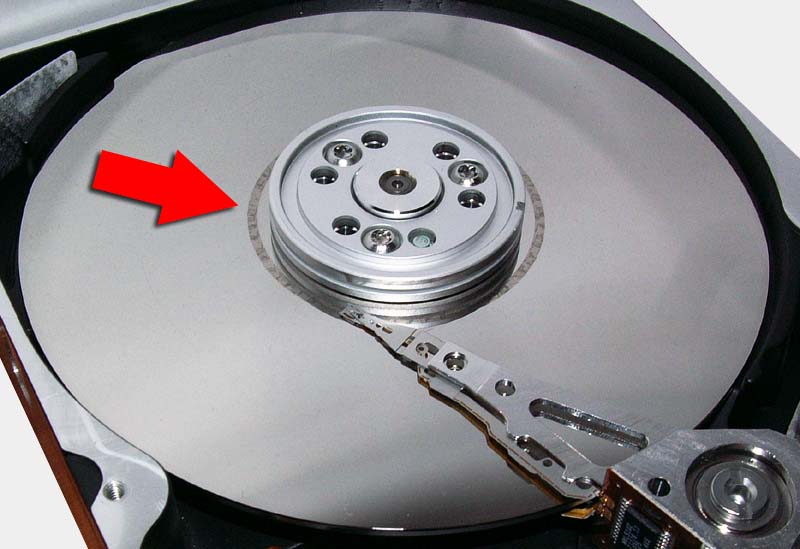pbf98
Android Expert
hey all, I was visiting my past girlfriends parents this weekend and they had problems with her old laptop, and they had taken it to geek squad and told them the hard drive had crashed and sold them a new one and put it in. I had a key for Windows 7 I didn't need so I installed it on the new hard drive for them to have that laptop up and running.
I have a device that you can plug either 2.5 or 3.5 hard drives in and look in them, and I told them about that so they gave me her old hard drive to see if I could get any files from it. I plugged it in yesterday and it there was no problems at all and I had access to all the files and everything.. So what makes this hard drive not work if I were to put it in the laptop?
I would say another computer but would I even get anywhere with that since it was on a laptop with all its software specific to that mobo?
When I think of a hard drive crash, I think of a hard drive that loses all info or no longer starts up
I do not know what was happening for them to take it to geek squad, but do you know what could cause a "crash" like that.
And am I correct by saying I wouldn't be able to plug the hard drive into another computer since its not the same computer it came from?
Thank you
I have a device that you can plug either 2.5 or 3.5 hard drives in and look in them, and I told them about that so they gave me her old hard drive to see if I could get any files from it. I plugged it in yesterday and it there was no problems at all and I had access to all the files and everything.. So what makes this hard drive not work if I were to put it in the laptop?
I would say another computer but would I even get anywhere with that since it was on a laptop with all its software specific to that mobo?
When I think of a hard drive crash, I think of a hard drive that loses all info or no longer starts up
I do not know what was happening for them to take it to geek squad, but do you know what could cause a "crash" like that.
And am I correct by saying I wouldn't be able to plug the hard drive into another computer since its not the same computer it came from?
Thank you

